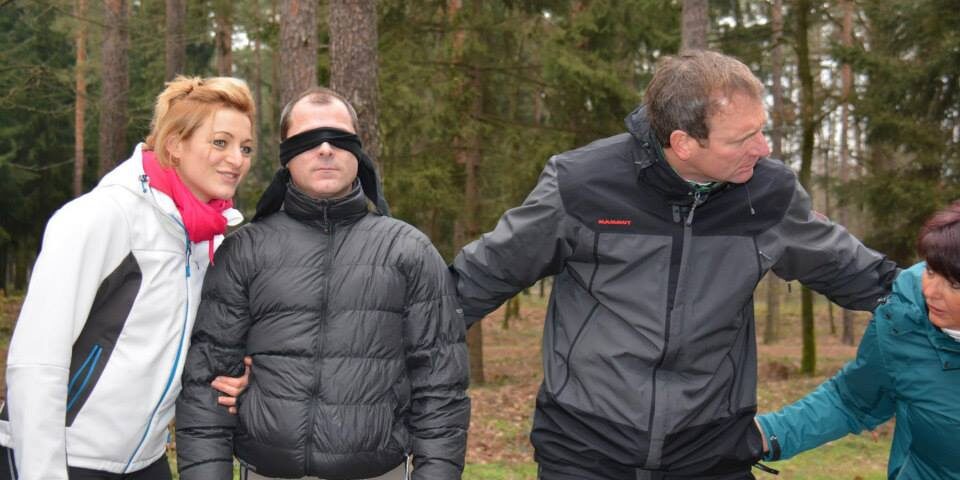Who We See Is Not Who We Talk To: Understanding Perspectives in Everyday Life
Have you ever found yourself irritated by someone who seems to be acting inconsiderately? Maybe a driver in front of you is moving too slowly, making you late for work. Your instinct is to honk, shout, or let frustration take over. But pause for a moment – why is that driver going so slow? Are they lost? Are they nervous or dealing with a personal issue? Does your anger change the situation, or does it only add stress to both of you?
The Hidden Stories Behind People’s Actions
Every person carries a story that isn’t always visible to those around them. The driver who seems hesitant may be a new driver or an elderly person trying to be cautious. The cashier who appears disengaged might be dealing with personal struggles. The colleague who seems impatient could have had a sleepless night caring for a sick child. The coworker who is moody and snappy in the morning might be dealing with personal grief or stress that has nothing to do with you. We only capture a brief moment of their reality, and without knowing their background, we risk making unfair assumptions. (Read here to my blog article about “The 4 Agreements” in Communication)
Instead of reacting based on surface-level impressions, we can choose to pause, reflect, and shift our perspective. This simple yet powerful mindset change fosters deeper connections, strengthens relationships, and enhances daily interactions.
The Power of Changing Perspectives
Effective communication and relationships require the ability to put yourself in someone else’s shoes. When you encounter a frustrating situation, consider the following approaches:
- Pause Before Reacting – If someone’s behavior frustrates you, take a moment to breathe. Ask yourself: Could there be something going on in their life that I don’t know about?
- Practice Empathy – Instead of labeling someone as ‘difficult’ or ‘negative,’ try to understand their perspective. A simple, genuine question like “Is everything okay?” can open doors to better communication.
- Assume Good Intentions – Most people do not act out of malice. More often, stress, personal struggles, or miscommunication drive negative interactions.
- Control Your Own Reactions – Does yelling at the slow driver or getting angry at a cashier make the situation better? Likely not. Instead, focus on your own response and keep your emotions in check.
- Lead by Example – Demonstrate patience, understanding, and emotional intelligence. Your approach to handling conflicts will set the tone for others.
Strengthening Relationships Through Empathy
At Level Up Teambuilding, we observe these dynamics in real time. Through our interactive team activities, we guide participants to recognize these unseen perspectives. We provide real-time feedback, share insights, and encourage constructive conversations that help each person grow.
Empathy and understanding are like muscles – the more you practice, the stronger they become. Life is an ever-evolving environment where interactions thrive on open-mindedness and emotional intelligence. Every encounter is an opportunity to build trust, create meaningful connections, and enhance relationships.
Start Today: Cultivate an Open Mindset
Great relationships are built on mutual respect and a willingness to see beyond surface behaviors. Next time you find yourself judging a stranger or a coworker, take a step back. Consider their possible struggles, offer kindness, and shift your perspective. By doing so, you contribute to a more understanding, supportive, and positive world.
At Level Up Teambuilding, we help teams and individuals develop these essential skills through hands-on experiences and expert facilitation. Join us in fostering a culture where understanding and empathy lead to stronger, more successful interactions at work and in everyday life.

